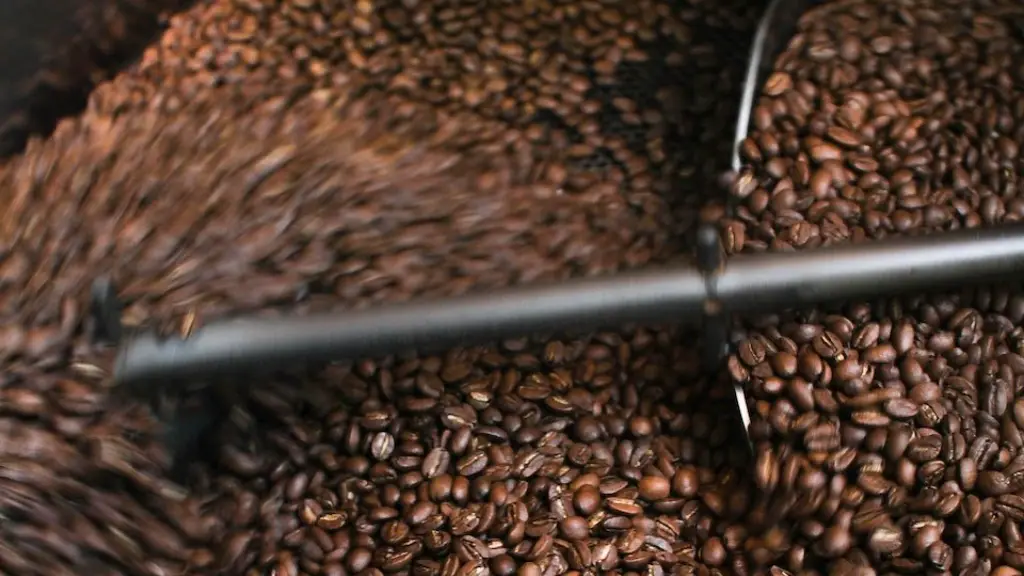Many people considering or undergoing IVF or any other type of fertility treatment wonder if they can drink decaf coffee after their embryo transfer. Decaf coffee appears to be a popular choice for individuals undergoing fertility treatments, however there is a lack of scientific evidence to support this, leaving many women in doubt.
Most people believe that, when an embryo is transferred into a mother’s uterus, it will carry on its way to implant itself and start the process of a pregnancy breaking. Many worry that, if they drink caffeinated coffee after an embryo transfer, it will affect the implantation process and lead to a failed embryo transfer.
The truth is, there is not enough scientific evidence to back this claim up. There have been a few studies conducted on the effect of caffeine on fertility and pregnancy, but most of them have been inconclusive. While some studies have suggested that caffeine consumption may reduce the chance of a successful pregnancy, others have not found any difference.
Furthermore, the amount of caffeine in decaf coffee is significantly lower than regular coffee, making it unlikely that a cup of decaf would have any adverse effects on fertility. In addition, the amount of caffeine in one cup of decaf coffee is not enough to significantly affect one’s blood pressure.
Despite this, experts recommend that it is still best to be cautious when it comes to consuming beverages with caffeinduring fertility treatment. As the evidence is not yet conclusive, it is wise to limit your intake of caffeine before, during and after an embryo transfer.
It is also advisable to consult your doctor about any dietary changes prior to fertility treatment, as different doctors may have different opinions on this matter. If you are indeed allowed to drink decaf coffee after an embryo transfer, it is still recommended that you consume it in moderation. Remember, too much of anything can be bad for your health and fertility.
Caffeinated Versus Decaffeinated Coffee
Caffeinated coffee contains caffeine, which is a stimulant and is known to have an effect on fertility. Caffeine is known to have a diuretic action, which means it increases urine output, and this could affect the embryo transfer process. Generally, it is recommended that women who are undergoing fertility treatments consume no more than 200-300mg of caffeine per day.
Decaf coffee, on the other hand, is essentially regular coffee that has had its caffeine content removed. Most decaf contains less than 0.02% of its original caffeine content, making it much safer for pregnant women and those going through fertility treatments. It is still important to check the label, however, as different brands may contain different amounts of caffeine or other additives.
Decaf coffee is a popular choice for many women who are undergoing IVF and other fertility treatments. It tends to be lower in calories and still has a lot of the same flavor of regular coffee, making it a popular option. Note, though, that decaf still contains some caffeine, so it should not be considered a completely caffeine-free beverage.
The Effects Of Caffeine On Fertility
When it comes to fertility, research has inconclusively shown that there may be a link between caffeine consumption and fertility. Generally, it is not recommended that women consume more than 200mg of caffeine per day when trying to conceive.
The amount of caffeine in coffee can vary depending on things like the brewing process and the type of coffee used. Generally, one cup of decaf coffee contains less than 10mg of caffeine, while one cup of regular coffee contains around 100mg.
Though the current evidence is inconclusive, some studies have suggested that even lower amounts of caffeine can reduce the chance of a successful pregnancy. That being said, there is still not enough evidence to definitively say whether or not caffeine consumption will affect a woman’s chance of successful conception.
What Are The Alternatives To Caffeine?
If you’re worried about the effect of caffeine on your fertility, there are a few alternatives that you can try. Herbal teas can be just as satisfying as coffee and are generally caffeine-free. You can also try drinking decaf tea or decaf coffee.
If you’re looking for something a bit sweeter, you can try fruit-infused waters or a low-calorie iced tea. There are also a number of healthy non-alcoholic drinks available, such as kombucha and coconut water.
If you’re still craving something a bit more indulgent, you can try making your own mocktails or mock cappuccinos with non-dairy milk. These drinks can be just as satisfying as regular coffee, but are usually much lower in calories and sugar.
Do Supplements Affect Fertility?
While the evidence is inconclusive, some research suggests that certain supplements may help improve fertility. Supplements can be taken in combination with diet and lifestyle changes to improve your overall health. Supplements such as omega-3 fatty acids, magnesium, and antioxidants have all been shown to potentially improve fertility.
In addition, some research has suggested that certain vitamin and mineral supplements may reduce the risk of birth defects or other fertility-related issues. However, it is important to keep in mind that supplements are not always classified as food and the FDA does not regulate supplements. Therefore, it is essential to speak with your doctor before taking any type of supplement.
Herbal supplements may also be taken to help improve fertility. These supplements can be taken in combination with diet and lifestyle changes to try and improve overall health. However, again it is important to speak with your doctor before taking any type of herbal supplement.
Conclusion
As the evidence is inconclusive, it is wise to limit your intake of caffeine before, during and after an embryo transfer. Decaf coffee is generally considered to be a safe option, although it is still wise to consult your doctor before making any significant changes to your diet. If you are indeed allowed to drink decaf coffee after an embryo transfer, remember to do so in moderation.
When trying to conceive, it is also advisable to speak to your doctor about vitamin and mineral supplements that may aid in improving fertility. It is also wise to make any dietary changes in consultation with a doctor to ensure that they align with your specific health needs.





